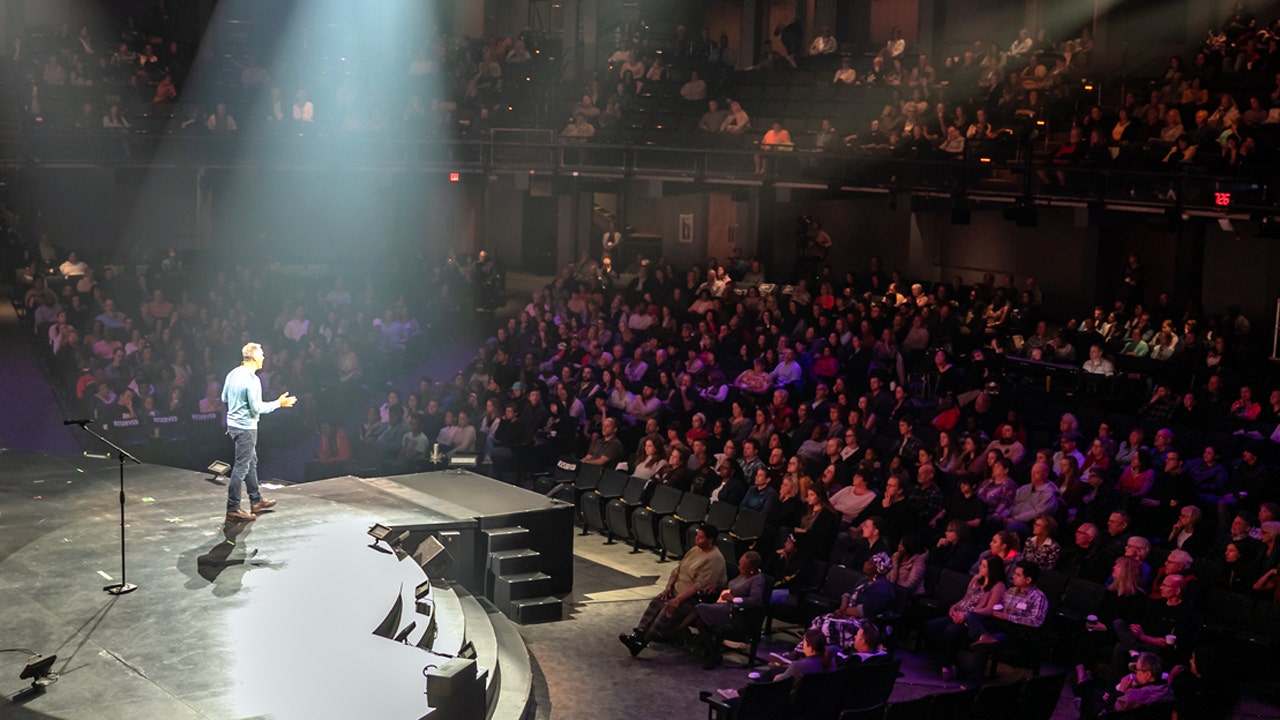O
o_mlly
Guest
As in “state capitalism”? No, precisely defining terms is necessary as several posts in this thread demonstrate. The important difference is whether a few elites decide how to allocate society’s resources or the many.Private is already implied in the term capitalism.

